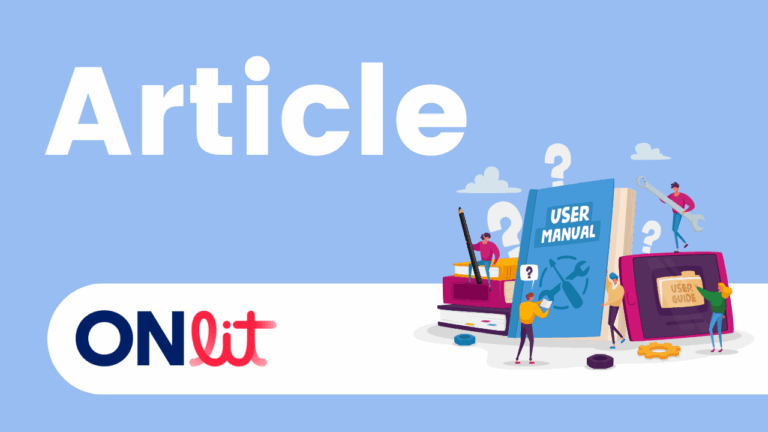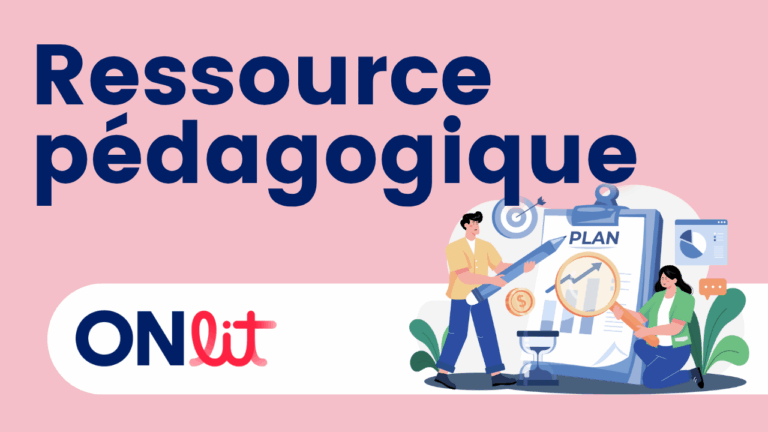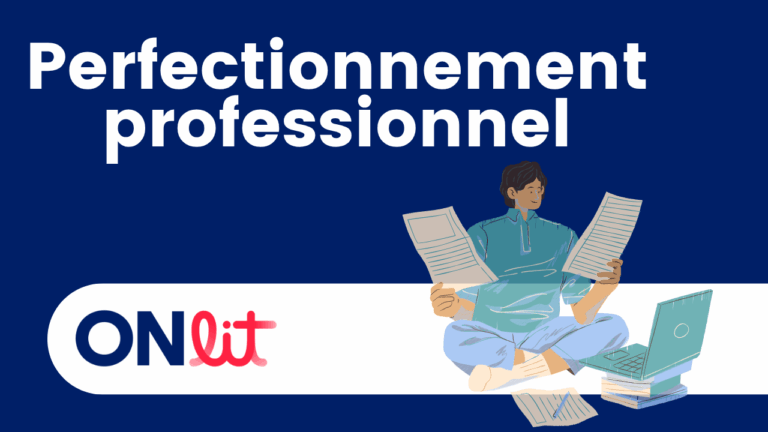Syntax Knowledge to Practice
In the webinar, Margie Gillis and Nancy Eberhardt explored the effective use of syntax in teaching reading and writing. The webinar highlighted the role syntax plays in enhancing language and literacy. Gillis and Eberhardt highlight a « function-first » approach to teaching syntax, a key element of the Ontario Language curriculum. Specific instructional activities to teach syntax…








